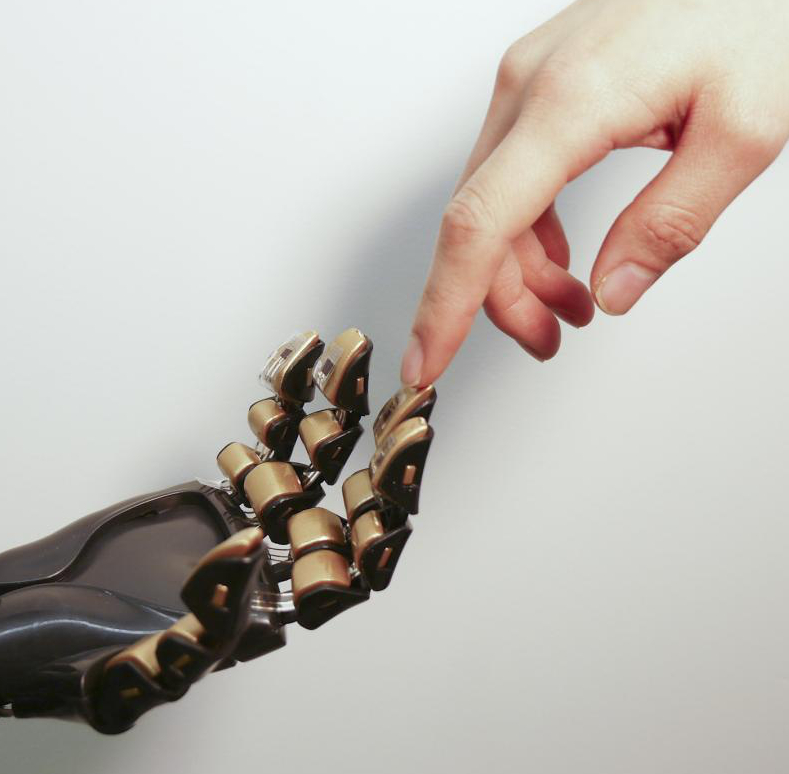Locals looking for artificial consciousness
 While tech experts around the world seek the next level of artificial intelligence, an Australian team is hunting something harder to define – artificial consciousness.
While tech experts around the world seek the next level of artificial intelligence, an Australian team is hunting something harder to define – artificial consciousness.
Researchers at Monash University will participate in a project that aims to determine whether robots and computers are capable of consciousness.
A Japan Science and Technology (JST) Core Research for Evolutionary Science and Technology grant will fund a group of Japanese researchers working in conjunction with Associate Professor Nao Tsuchiya from Monash.
The grant will last five years (with a value of approximately $3.4m), supporting the project towards construction of artificial consciousness based on the integrated information theory (IIT).
Associate Professor Tsuchiya says that while the science of artificial intelligence is maturing, assessing whether robots or computers are capable of consciousness remains a challenge.
“There are no agreed criteria to assess whether artificial intelligence entities are conscious. We are using a mathematical theory, IIT, to assess the level and content of consciousness,” Associate Professor Tsuchiya said.
“Our research will initially focus on the quality and quantity of the consciousness of a biological system and evaluate how information is processed and integrated within that system,” he added.
The research will look at how the brain integrates information in various states of consciousness, such as during wakefulness, sleep and anaesthesia.
Parallel research projects will try to develop artificial networks with high information integration.
The final stage of the research will seek indications of consciousness, examining how a robot with high information integration behaves autonomously and flexibly.
The possibility of consciousness in artificial intelligence has long fascinated neuroscientists, and developments in this area could one day lead to a world in which “thinking” robots care for the elderly, people with disabilities and in many other useful places.








 Print
Print